Recycled life jackets: startup aims to solve Africa's drowning crisis with rice bags and plastic bottles
Seven per cent of deaths in Africa can be attributed to accidental drowning – so Vestability has created an eco-friendly solution to the problem
The Mozambique channel washes ashore on the soft, sandy beaches of Maintirano, a town on the west coast of Madagascar. You could be forgiven for thinking this must be paradise for the people who make their living here fishing. The locals know better.
“Fishing is dangerous, but I have to feed my family,” confesses Vernon, a 33-year-old fisherman, and father of five, who makes around £5-a-day heading out into the ocean on a Pirogue – a tiny wooden sailboat that resembles a canoe. Sometimes very far away from the shore. Sometimes into hazardous conditions.
The community estimates that at least 30 fishermen died in this village in 2016.
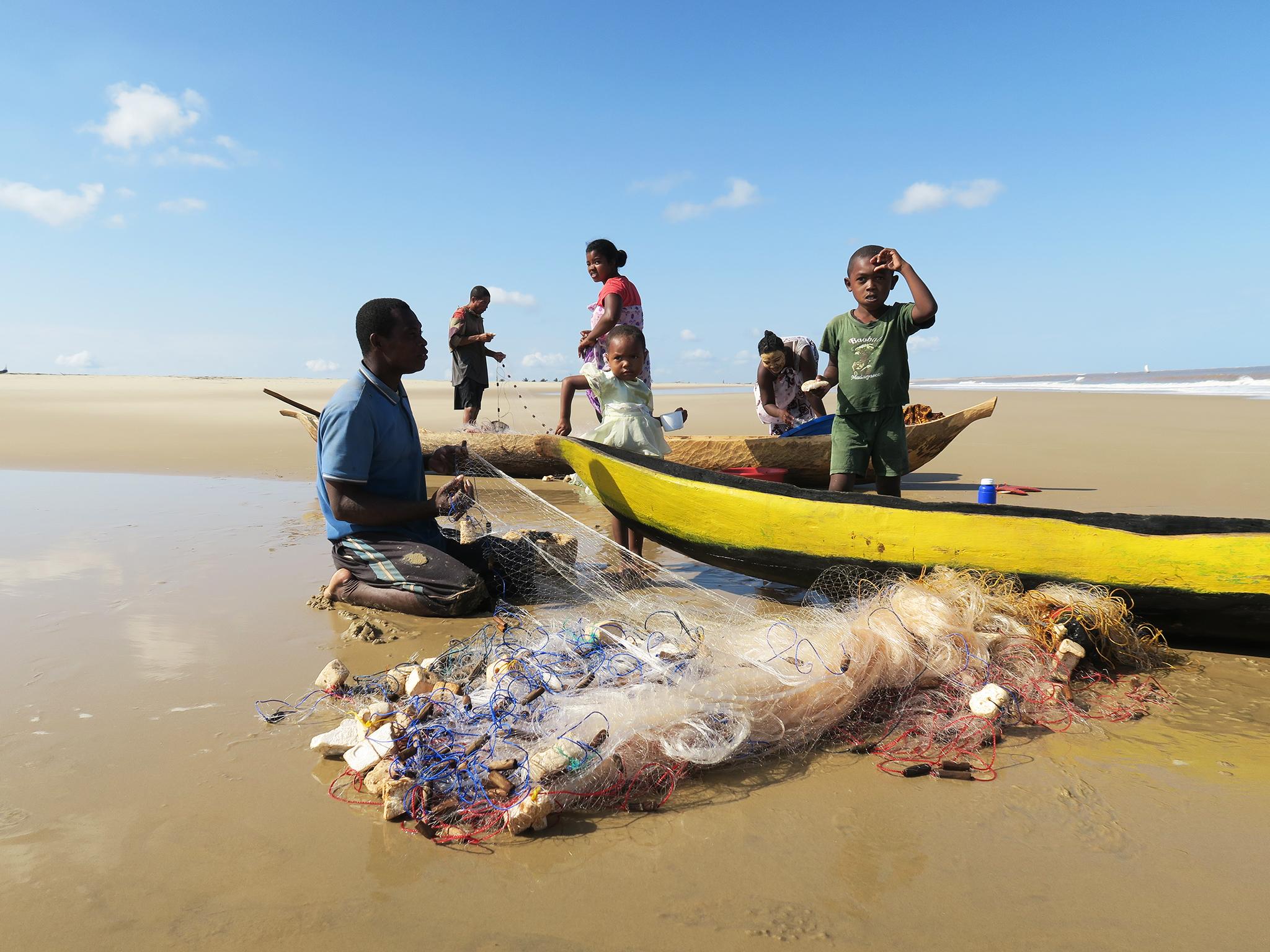
The World Health Organisation (WHO) released a report in 2014 highlighting that Africa has “an intolerable death toll through drowning”. The continent has the highest rates of drowning in the world. It accounts for around 7 per cent of every 100,000 deaths (compared with just 0.44 per cent here in the UK). The numbers might be far higher but there is a lack of available data. Most of these deaths result from fishing accidents. People from impoverished communities are not properly equipped to deal with strong currents and hazardous weather.
On a trip to a remote fishing village in Madagascar in 2014, graduate Alex Sanderson noticed the lack of affordable marine safety equipment. “I spoke to a lot of single mothers – families that had lost husbands, sons and brothers in fishing accidents. The reality to them was that these instances were unavoidable – the chances of fishermen, armed with just an oar, returning if their boat capsized at sea was low.”
Even a small wave can break up a boat in half.
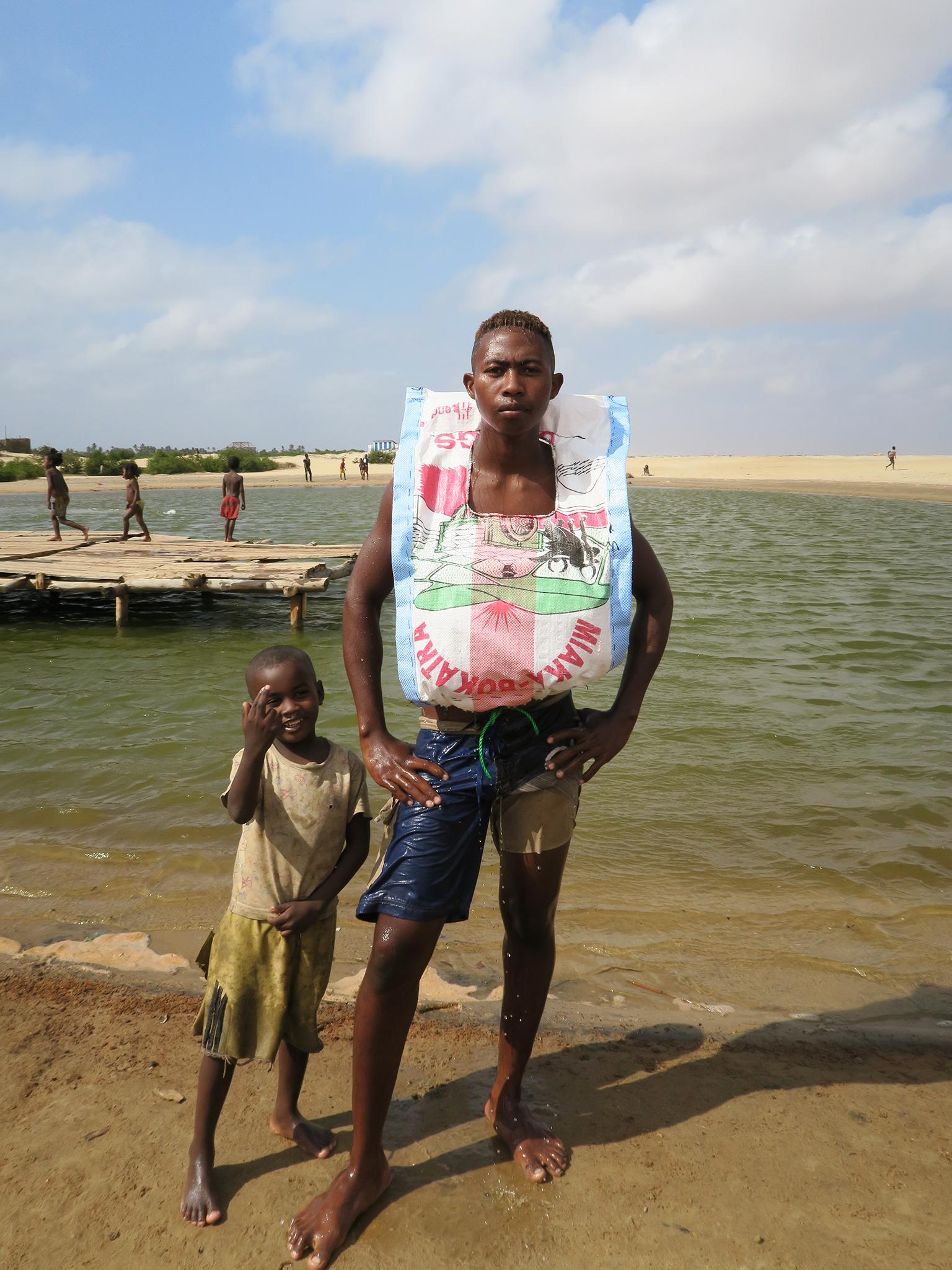
“You can’t get away from life jackets in Europe. They are everywhere. It felt so strange to think that this sort of basic provision wasn’t being provided everywhere.”
For these communities life-jackets are a luxury. In Africa, life jackets cost around 60 times more than a fisherman's daily income and many villagers must make the journey to larger cities to buy one. Alex believes this is why NGO’s and local authorities seem to overlook drowning as an issue. “There just wasn’t a straightforward, cost-effective solution.”
“The way we currently make jackets makes the final product far too costly, and as most are made in Europe or Asia, transporting them to remote fishing villages pushes the price up further.”
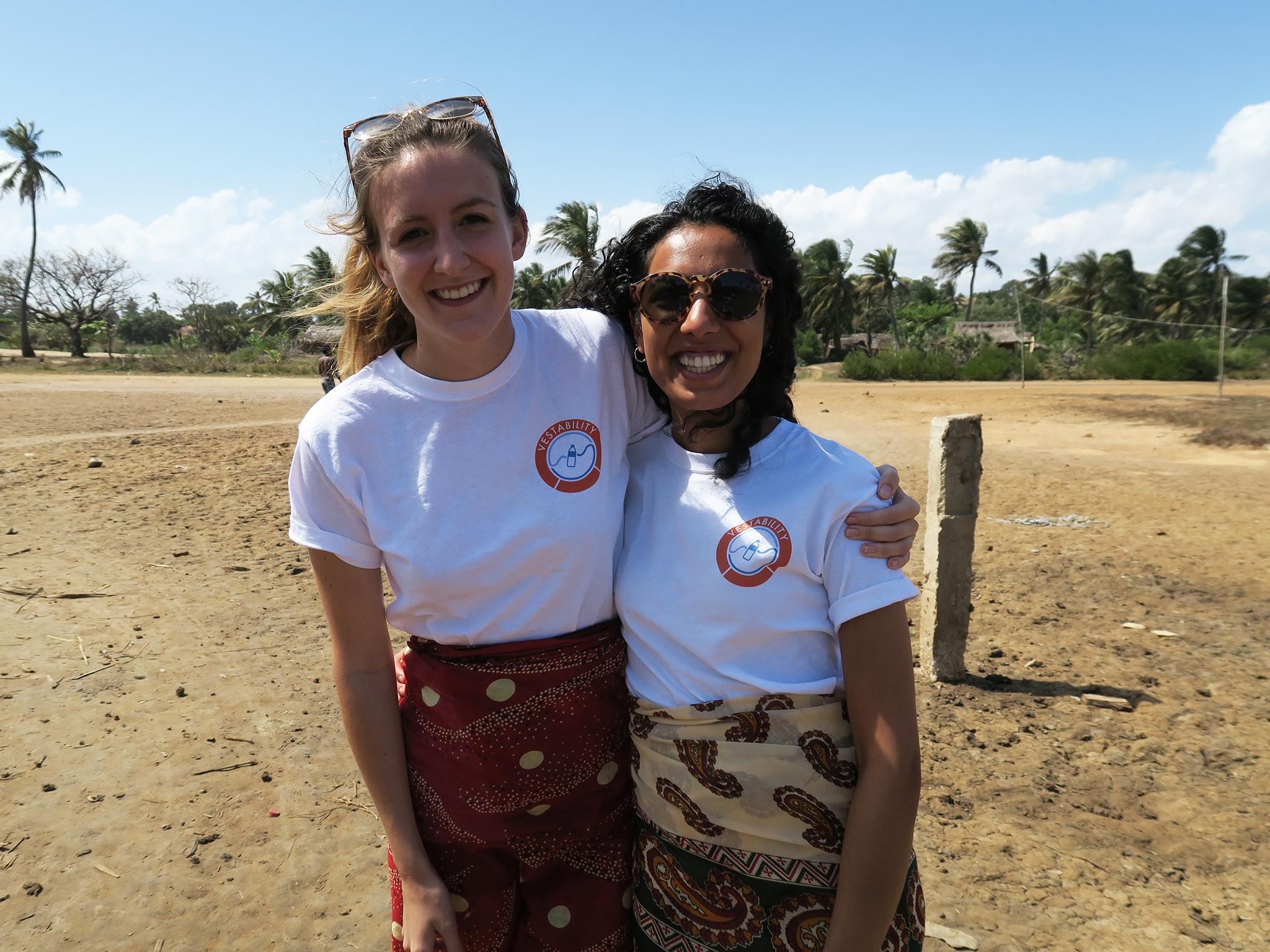
Alex and Pritika needed to find a way to provide affordable lifesaving buoyancy vests. They started to look at cheap materials that were available in fishing communities – nets, local plant varieties, plastic bags – even rum bottles. "We decided on a rice sack and four plastic bottles."
And develop they have. Their buoyancy vest mimics the design of a standard life jacket which provides enough flexibility during fishing and swimming, whilst also being comfortable. Their jackets provide 60 newtons of upward force, enough buoyancy to keep a conscious human afloat. Alex and Pritika headed to Maintirano to launch their sustainable design, realising that the easiest way to distribute vests would be teaching fishing communities to make them themselves.
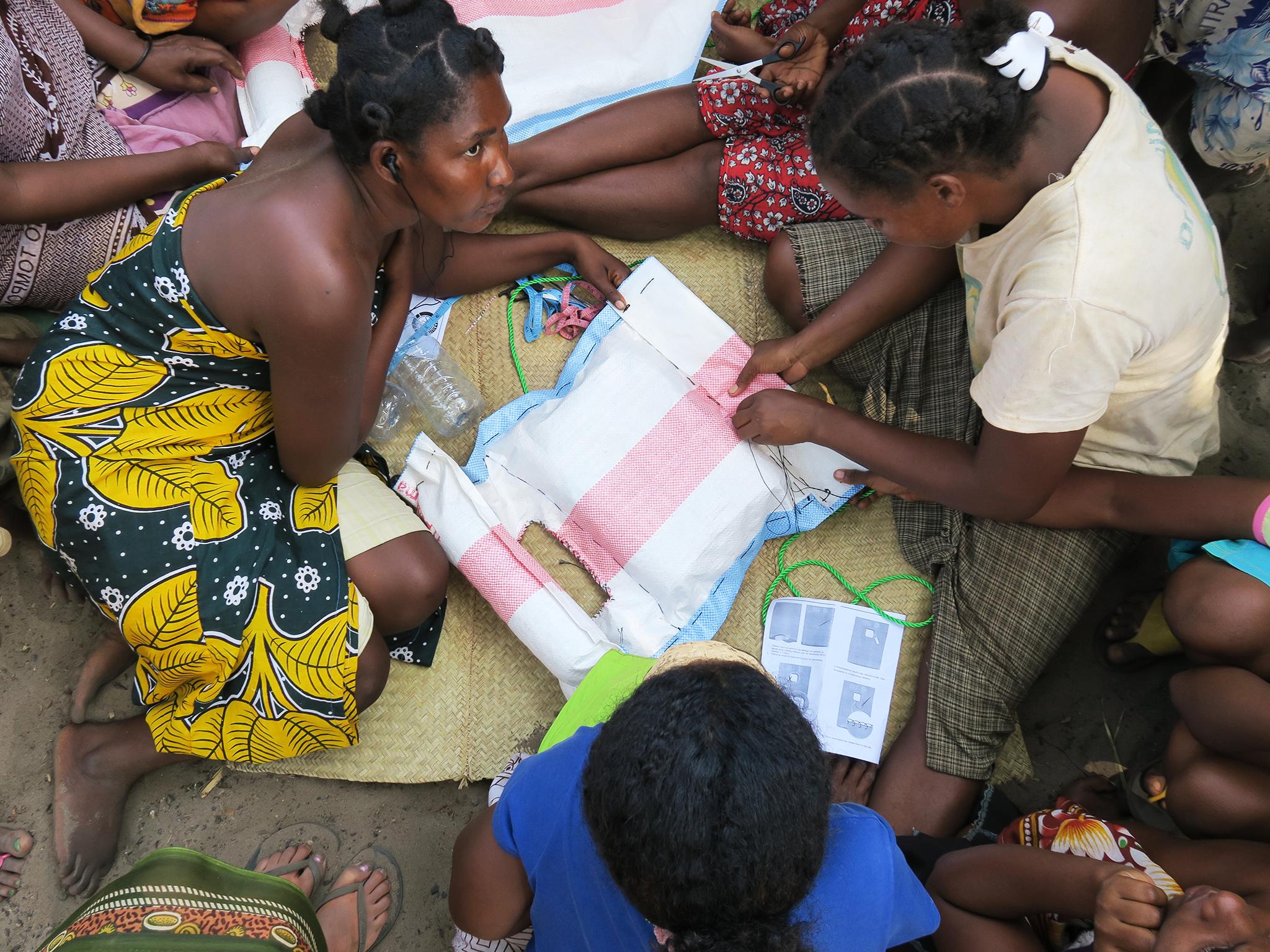
They ran two, two-hour workshops (taught in English and Malagasy), not only attended by fishermen, but also women and children and community leaders. Attendees created their own life jackets and the know-how to repair them – ensuring skills will be transferred to family, friends and future generations. “We want fishing communities to benefit from the jackets for generations to come” says Alex.
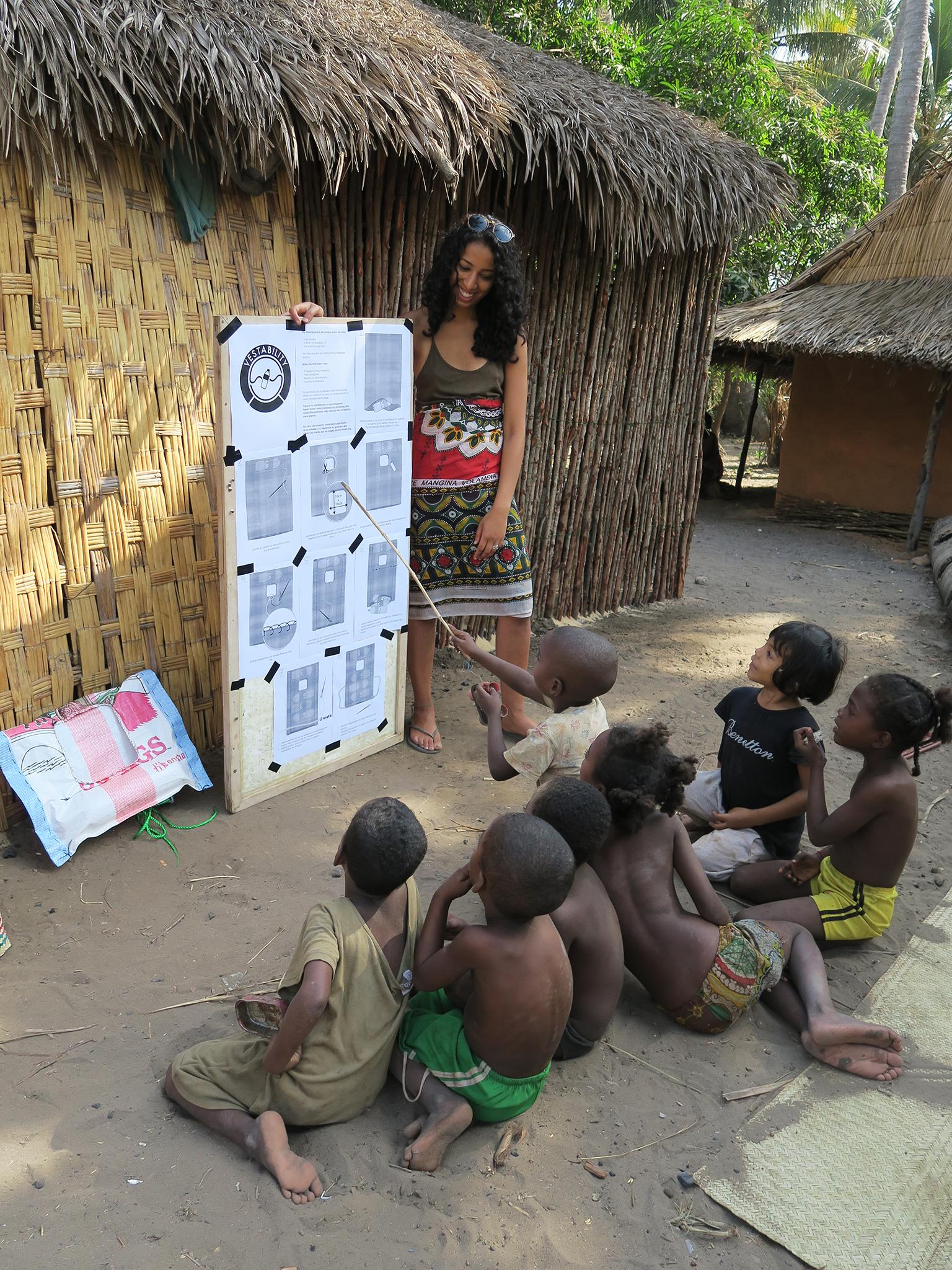
One of the fishermen they taught, Bonina, is the breadwinner of his family and the dangerous nature of his work had created an uncertain future. For families in poverty, the death of a household earner can not only be an emotional tragedy, but may lead to the rest of the family struggling to survive. Bonina and his wife attended workshops run by Vestability in Maintirano. “Everyone should have one of these life jackets,” he grins, strapping on his vest, with his daughter in-tow.
Thirty fishermen died in Maintirano in 2016. Since Vestability began operating in the area, there have been no reported deaths. After successful testing of the product in the region, Vestability aims to continue expansion across Madagascar with marine charity, Blue Ventures, and further test their product with the RNLI in the UK. Back in Bristol, the university has helped them to grow Vestability into a self-sustaining business. “We have had so much help along the way,” comments Alex. “Bristol has loads of societies that encourage entrepreneurs. I was helped by Enactus Bristol, but also the university staff in the Bristol Basecamp.”
So what's next for Vestability? “This has the potential to save lives all over Africa – so we’re going to concentrate on getting jackets to as many fishermen as possible” say’s Alex.
“Pritika and I have just graduated university, so we can focus our time on Vestability. We will to continue to provide communities with access to vests – but also other forms of lifesaving equipment.”
The hope is they will expand throughout Madagascar and East Africa.
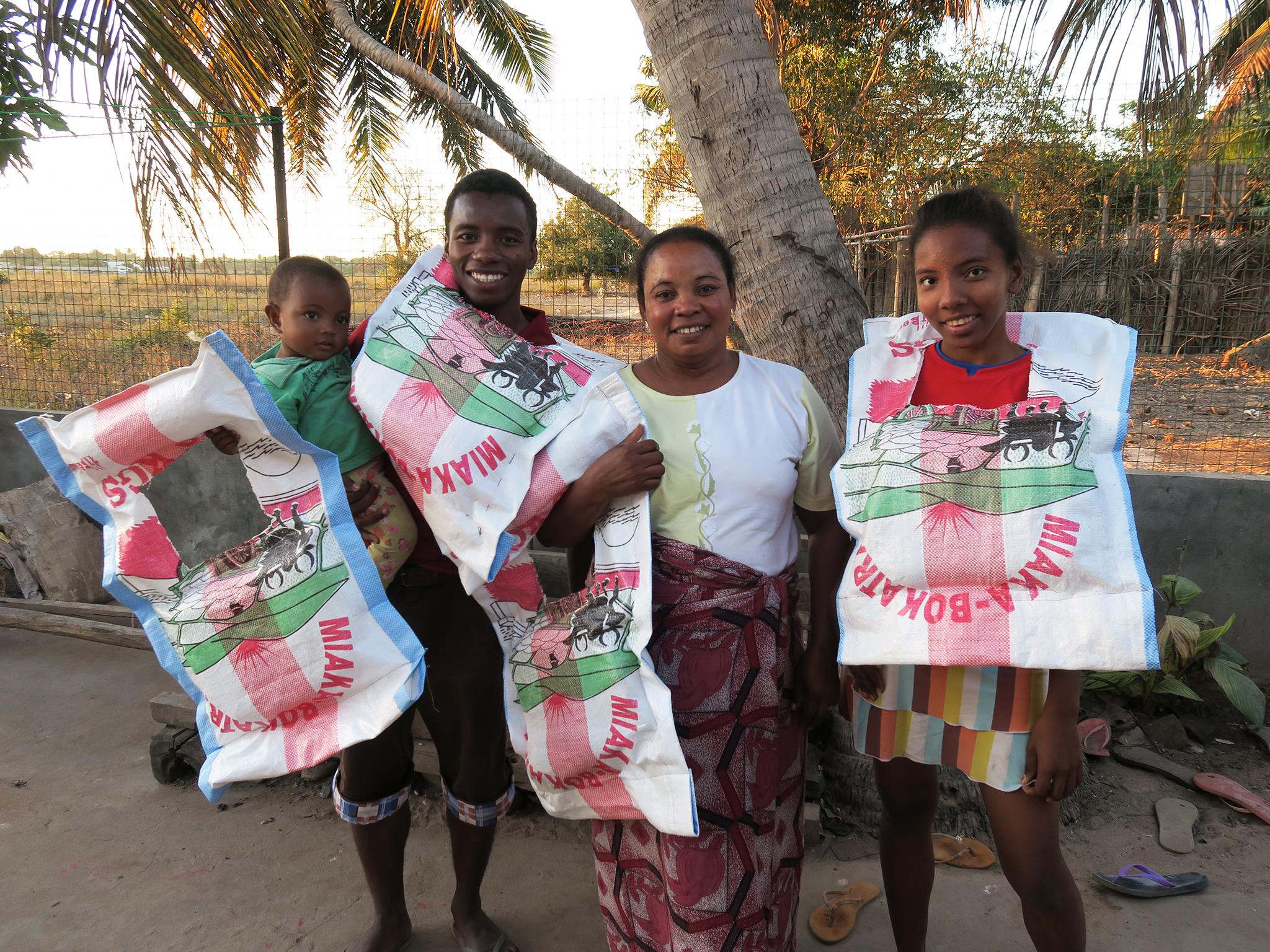
“When we left Maintirano we were just so pleased with the success of the project, and the foundations we have laid. We’re just filled with plans for the future right now.”
For more information on Vestability, you can visit www.vestability.co.uk
Join our commenting forum
Join thought-provoking conversations, follow other Independent readers and see their replies
Comments